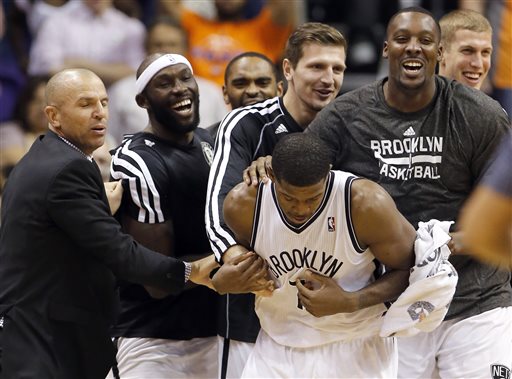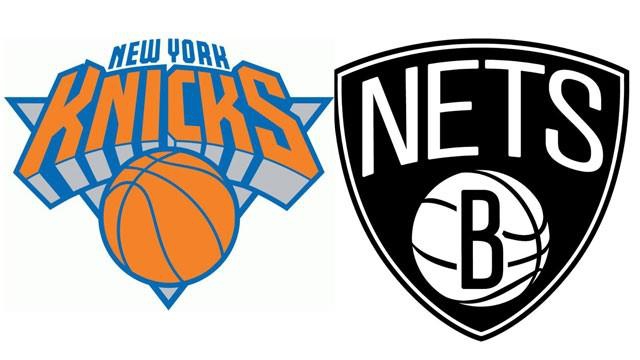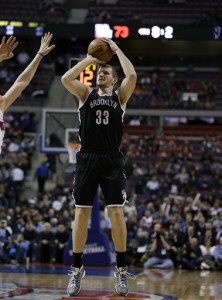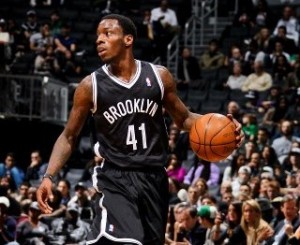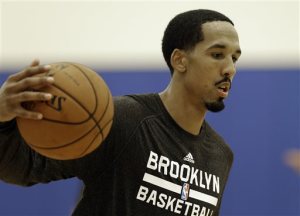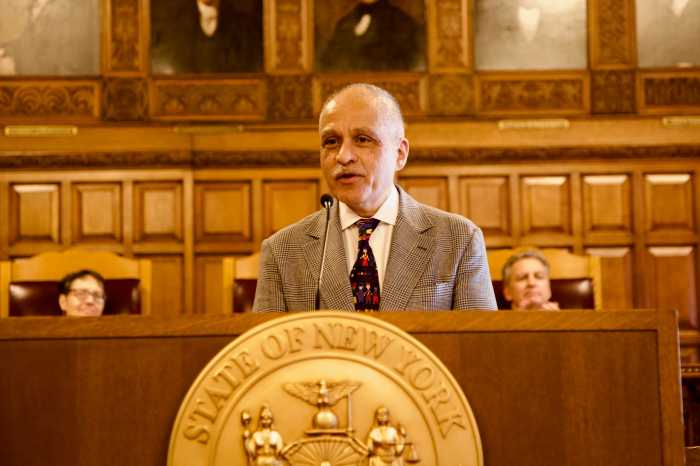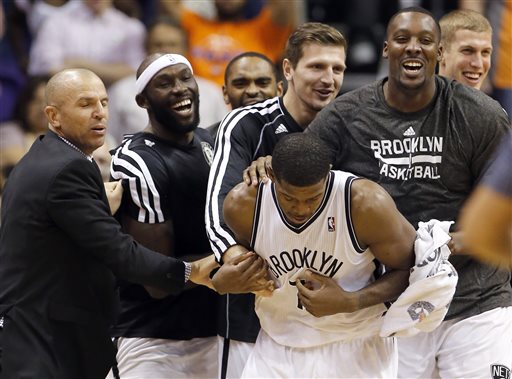
LOS ANGELES, C.A. -— No player, coach, or GM will ever tell you openly that a team’s priorities lie anywhere other than squarely on winning a game on any given night. Saturday the Brooklyn Nets tiptoed carefully along that line, bolstering the suspicion that they’re playing the long game: less concerned with nightly results and fixated instead on the holistic process.
Ask any of the Nets about their 110-103 defeat at the hands of the Los Angeles Clippers, and he’ll stress that this was a process loss, with the obligatory lip service that a win is a win and a loss yields nothing.
“We have to win games,” said rookie center Mason Plumlee, who had 19 points on 7-of-10 shooting and 6 rebounds in his first appreciable cycle in the Nets’ rotation. “It’s no secret. We’re an old team. We need to rest guys … We played hard, but we’ve got to execute, hit free throws, do the little things and come out with a win.”
Plumlee’s thrust into major minutes for the Nets was not the product of a sudden epiphany that he can be a rotation-quality player. Brooklyn’s hand was forced: the Nets were without starters Deron Williams, Paul Pierce, Kevin Garnett, and Brook Lopez, all of whom are nursing injuries. It resulted in a breakout performance for the rookie, and it may earn him bigger minutes moving forward. Figuring out your rotation? That’s part of the process: something to glean when the outcome of the game isn’t in particular doubt.
Most suspected the Clippers would dispose of the Nets with ease, an assumption Los Angeles made sure it did not get caught up in.
“We played against pros,” Chris Paul said. “Everybody always says it is a trap game, but I feel like when you play these games it’s as tough as it is because they are going to come out and play hard.”
“[These games] scare me. They always have as a coach,” Doc Rivers said before the game. “I’ve won a lot of them and lost some too. They’re just scary.
“No one says, ‘Let’s ease up.’ At least no team I’ve ever been around. But that doesn’t mean mentally it’s not challenging. These games, like tonight, are very difficult because you have one team that are free and a bunch of pros who want to show everybody that they should be playing.”
The depth of the Nets’ roster at full strength affords coach Jason Kidd the opportunity to mix and match combinations and keep starters’ minutes low. Those decisions might cost the Nets a few games over the course of an 82-game season —- they have already —- but they help to preclude the possibility of benign injuries to four starters develop into chronic issues that put the long game in jeopardy.
“We’re a pretty deep team,” said Joe Johnson, the team’s lone starter in uniform. “This is expected. Everyone understood that KG and Paul may have to sit out, and other guys have to step up. I think they did that tonight.”
Kidd closely echoed Johnson’s thoughts.
“No matter who suits up, we come to play and we come to win and those guys who suited up definitely gave me everything they had, and we just came up short,” he said. “The effort was there, the intent to win the game with the ten guys we had, and we put ourselves in a position to win a game on the road against a very talented team.”
It’s not often you hear an NBA coach take pride in simply occupying a position to win, especially a coach of a team that has realistic aspirations of winning a title. But if the Nets’ early-season slump has shown anything, there are greater problems in need of solution than one lost game, problems that might take months to fix while a roster full of elite players figures out how to coalesce.
“It would have helped us a lot if we had won, in the long run, but I felt like we showed a lot of trust out here tonight,” Andray Blatche said.
“A lot of guys are showing trust in one another. We played to the system. Tyshawn [Taylor] showed up great. Definitely [Plumlee]. They saw the opportunity and they came in and did a good job.”
Trust is a concept of interest for the Nets, who are loaded with players that excel at isolation basketball. Recent research suggests an abundance of isolation is not a sustainable strategy, and Brooklyn must shed those tendencies in favor of better team ball, which starts with trust up and down the roster. If Johnson doesn’t trust Alan Anderson to hit a 3 and foregoes a pass to take a long contested 2, the Nets will suffer for it. If Reggie Evans has square miles of open court under the basket and Pierce doesn’t trust him to make a layup, the Nets will suffer for it.
The way the Nets speak about trust, heart, and effort on the heels of a losing affair makes them sound much more like lottery fodder than a championship contender, a tone indicative of a humble nature that may very well prove helpful in the long run. The team’s early-season struggles have been a booming wake-up call, a reminder that they’re not entitled to any level of success.
The atmosphere among the players tonight was a departure from the sullen, somber, short-with-words attitude of a team angry it lost a game it shouldn’t have (a sense you get when most contenders lose). The reality check has definitely kicked in, and the Nets appear ready to improve and not simply concede that the status quo is unacceptable.

